Azure Quantum Elements: compressing a year into one minute
Azure Quantum will benefit from Copilot from now on.
3 min. read
Published on
Read our disclosure page to find out how can you help Windows Report sustain the editorial team. Read more
Key notes
- Azure Quantum Elements will be available for preview in a few weeks.
- Copilot is also coming to Azure Quantum, and it will bring its expertise.
- Microsoft is planning to build a quantum supercomputer.
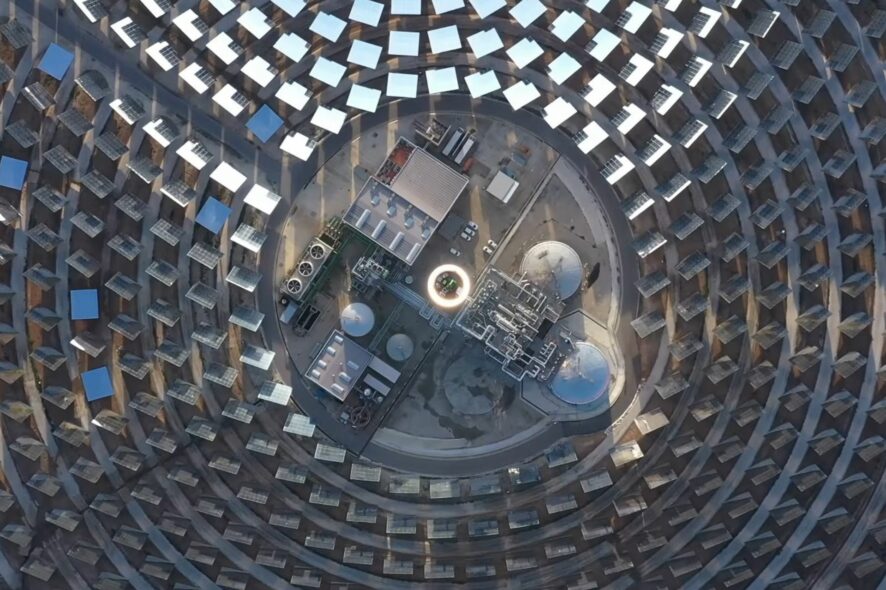
Microsoft announced a new Azure Quantum advance, suggestively called Azure Quantum Elements. This announcement comes right after Microsoft said that Windows 11 and other Microsoft products will be enhanced by AI moving forward.
Azure Quantum Elements uses AI, quantum computing and high-performance computing to accelerate scientific discoveries. It will be a very useful tool for scientists and product developers working with chemical matter and material science.
Microsoft promises scientists will be able to make advances in chemistry with unprecedented speed, scale, and accuracy. Moreover, industry innovators, including BASF, AkzoNobel, AspenTech, Johnson Matthey, SCGC, and 1910 Genetics have already adopted Azure Quantum Elements to transform their research and development.
According to Microsoft, Azure Quantum Elements will be available in a private preview in a few weeks, and you can sign up today to learn more.
Compressing a year into one minute with Azure Quantum Elements
Apparently, Azure Quantum Elements is a very powerful tool. As a scientist, or product developer, you’ll be able to:
- Reduce time to impact and costs and bring innovative products to market more quickly.
- Dramatically increase the search space for new materials, to tens of millions of potential new candidates.
- Speed up certain chemistry simulations by 500,000 times, which is like compressing a year into one minute.
- Address quantum chemistry problems today with AI and HPC, while experimenting with existing quantum hardware and getting priority access to Microsoft’s quantum supercomputer in the future.
And speaking of the quantum supercomputer, Microsoft plans to build one in the future.
A quantum supercomputer will be able to solve problems that are intractable on a classical computer and scale to solve the most complex problems facing our world. To do this, it must be both performant and reliable. Customers need to understand how capable a quantum system is of solving real problems, from the machine to the network overhead. That’s why measuring a supercomputer can’t be about counting physical or logical qubits.
Microsoft
You can check the roadmap for it here.
And of course, Copilot is coming to Azure Quantum as well.
With Copilot in Azure Quantum, a scientist can accomplish complex tasks on top of a fabric of cloud supercomputing, advanced AI and quantum all integrated with the tools they use today. It can generate the underlying calculations and simulations, query and visualize data and help get guided answers to complicated concepts. Just as Copilot in other Microsoft products is transforming software development, productivity and search, our ambition is for Copilot in Azure Quantum to transform and accelerate scientific discovery — whether it’s creating safer and more sustainable products, accelerating drug discovery or solving the most pressing challenges on the planet.
Microsoft
What do you think about it? Are you excited about the new scientific discoveries ahead? Be sure to let us know in the comments section below.
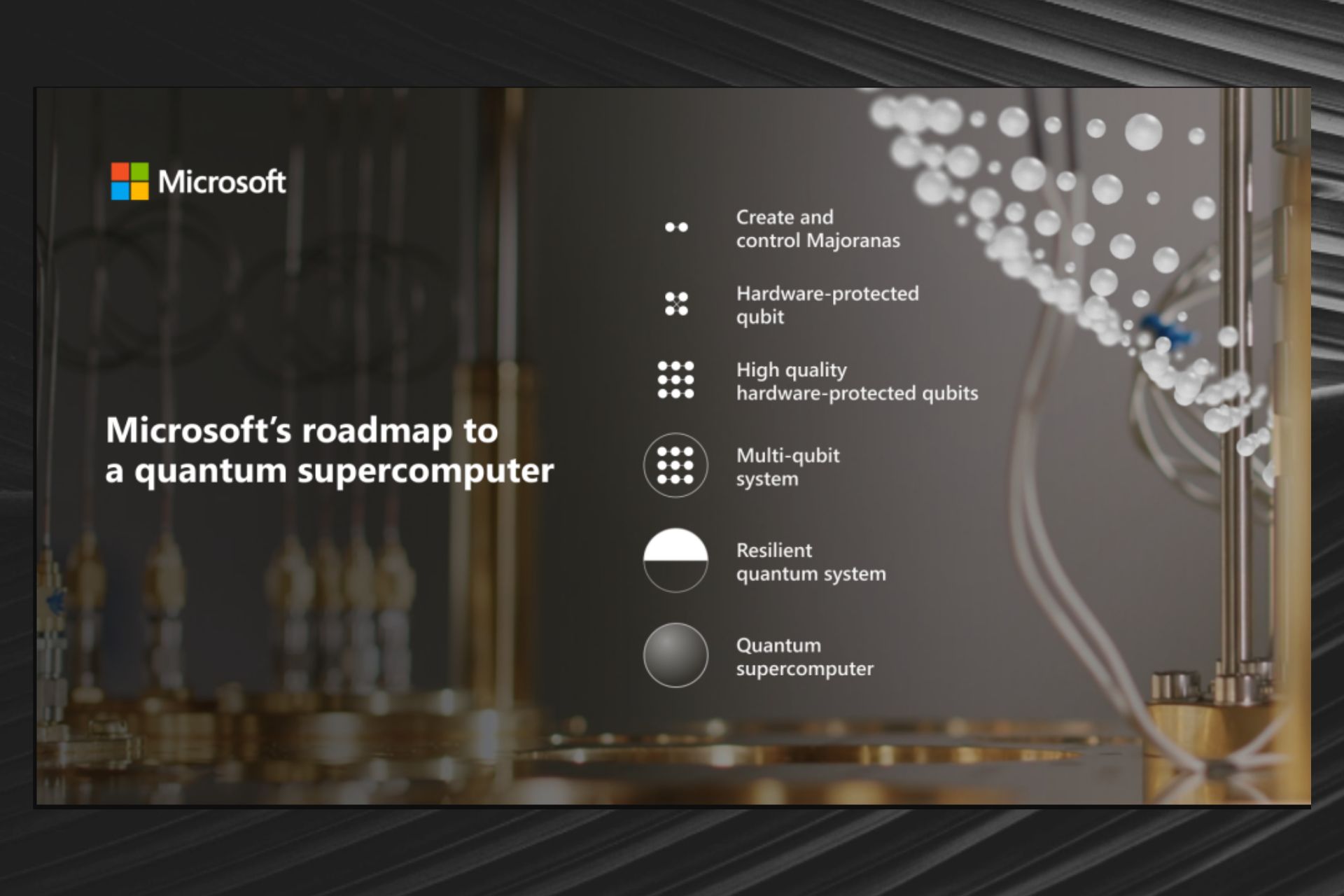
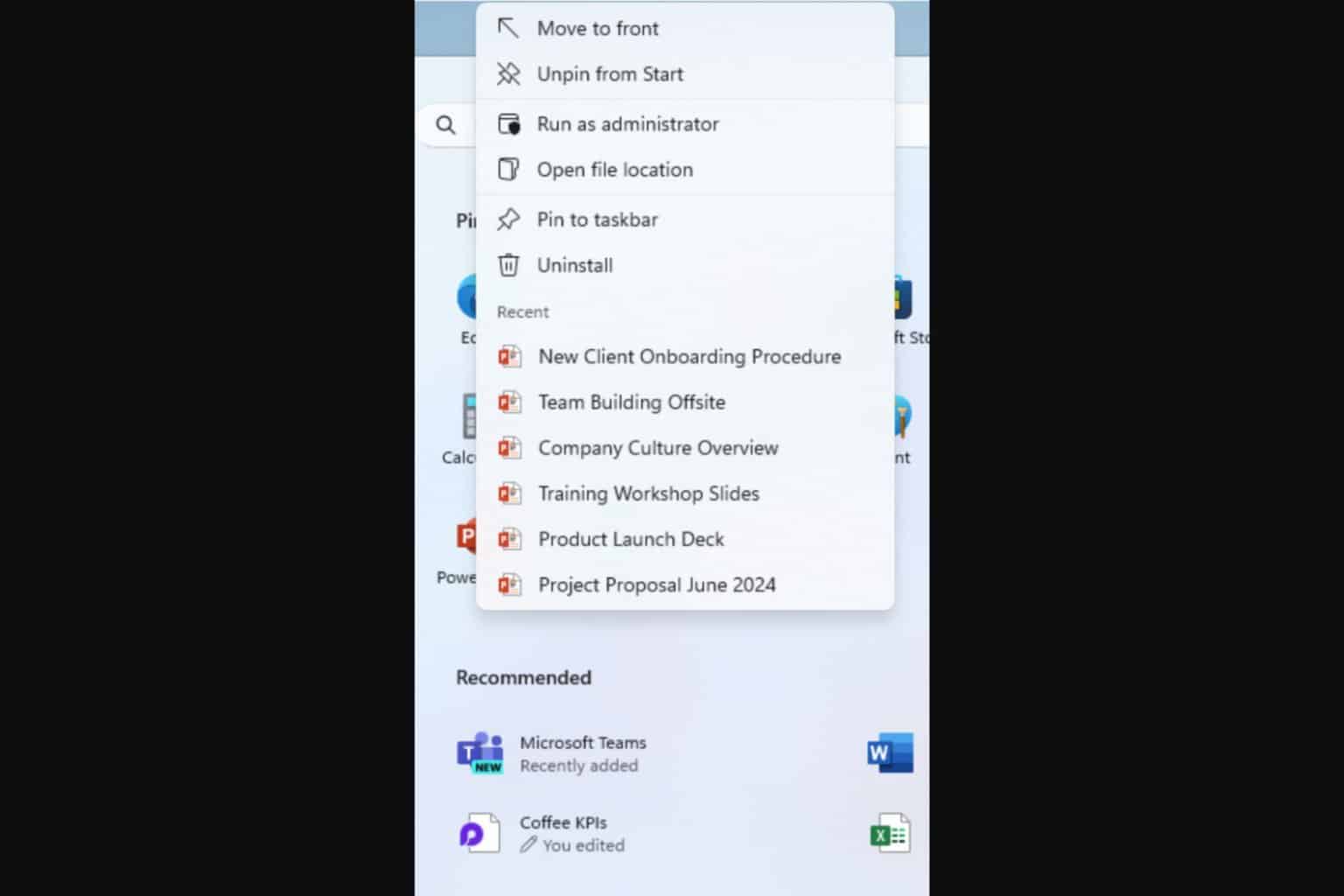
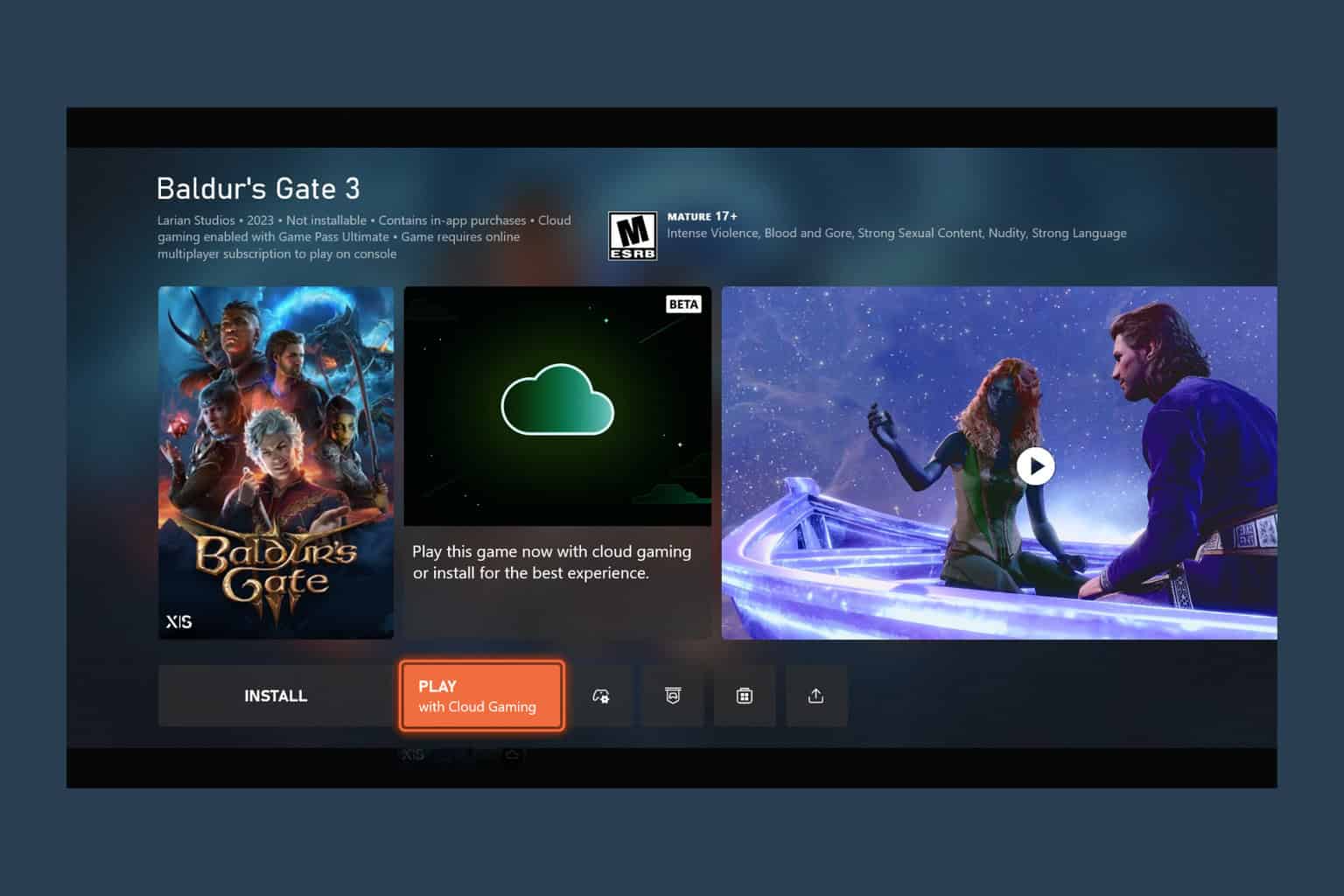





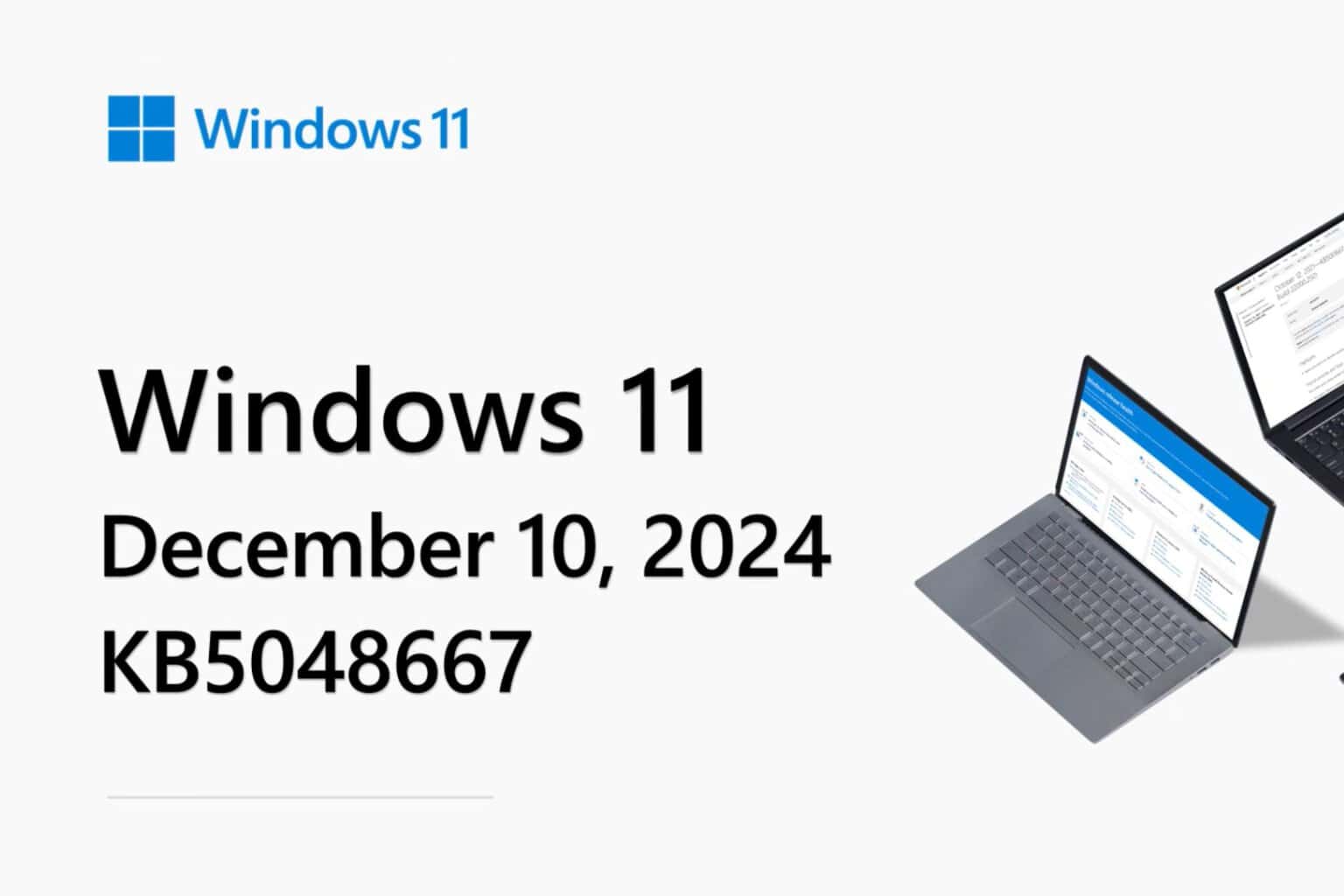
User forum
0 messages